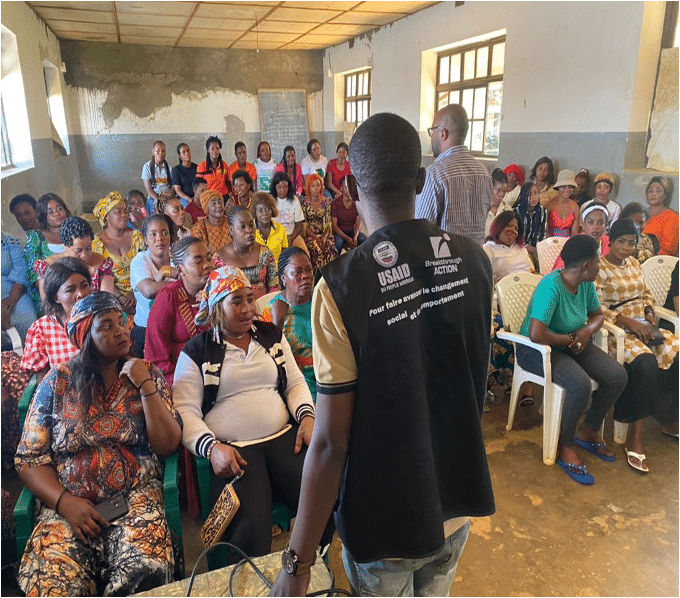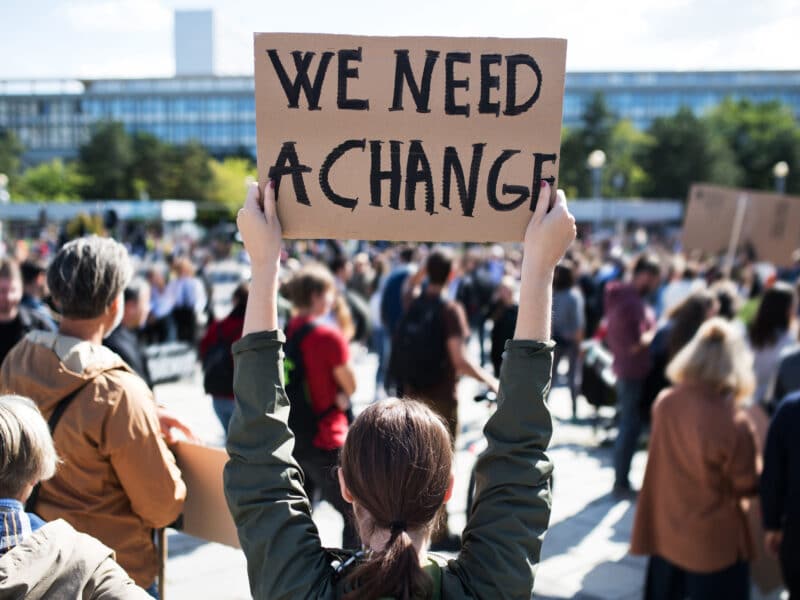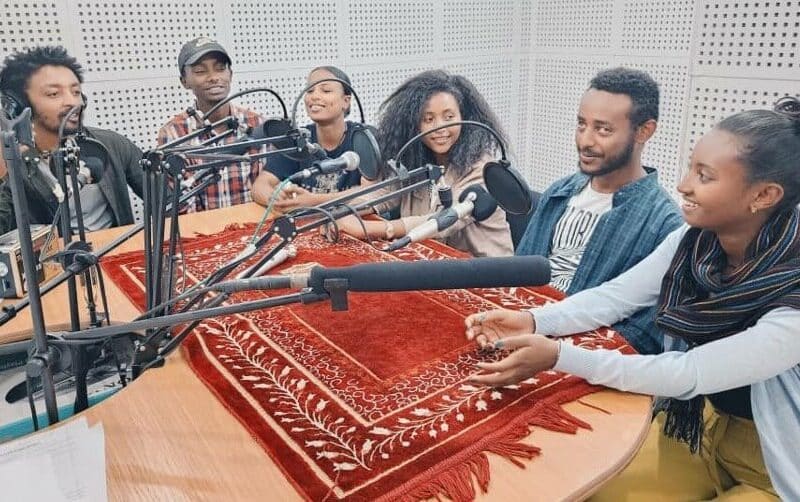The Peabody Award-winning South African TV program Intersexions, created by the Johns Hopkins Center for Communication Programs and other partners, was the nation’s highest rated drama during its two-season run a decade ago.
Now, viewers across Africa have a chance to watch it all over again. Season one dropped on Netflix there last week and the second season will be available on May 12.
Reporters in South Africa are crowing about the new life being given to Intersexions. “Netflix will take South Africans down memory lane with the streaming of ‘Intersexions’, arguably one of the country’s best local productions from the last decade,” writes the website okayafrica. Writes Yomzansi: “To date Intersexions, still remains one of the shows that are appropriate to the current time, as it explores how the inter-relationships between sexual partners enable HIV to spread insidiously across society.”
The fact that the show, a story of relationships that dramatized the effects of a sexual network, tracing the movement of HIV/AIDS from partner to partner, continues to resonate is a testament to the high quality of the program, says CCP’s Patrick Coleman, who led its development when he worked in South Africa.
Coleman says he wanted to call the show “Six Degrees of Separation” but that had been copyrighted. And he wasn’t even sure the show would make it on air.
“The show speaks to how people are so interrelated. A big problem in South Africa is people have multiple and concurrent partners – it’s a double risk for HIV. We tried to break every possible stereotype. I wouldn’t say we hit people over the head with HIV but it was an undercurrent throughout the show as we subtly showed people how to reduce their risk.”
Intersexions went, as Coleman puts it, “gangbusters.” More than nine million viewers watched the program. It was voted South Africa’s Best Television Show of 2011 and Best Drama Series of 2011 in the people’s choice awards run by TVSA, South Africa’s Television Authority. It took top honors at the 6th annual South African Film and Television Awards (SAFTA), winning in 11 of the 13 TV drama categories in which it had been nominated.
“Intersexions shows how important talent and imagination are when you want to have a social impact,” series producer Harriet Gavshon, of Curious Pictures, said at the time. “Even though it had a crucial message, it was communicated in an engaging and compelling way. We are gratified that the audience and the SAFTA jury recognized this. That it has also had a remarkable impact on the audience’s understanding of their own risk of contracting the HIV virus, makes it even more gratifying.”
An evaluation of the first season by CCP researchers concluded that the more that audiences watched Intersexions, the more likely they were to have a favorable attitude toward condom usage and greater likelihood they would use condoms themselves.
Intersexions was funded by PEPFAR and USAID. CCP’s work in South Africa at the time was done as Johns Hopkins Health and Education in South Africa, which has transformed into an independent organization known as the Centre for Communication Impact.
The current chief executive officer for Centre for Communication Impact, Claudia Shilumani, says: “When we were approached by Netflix for the license to air both seasons, we were excited. More so because CCI is thinking of developing a third season of Intersexions and we hope that having it on air at this time will serve as a springboard for the future of the series.”
Coleman says he thinks people in South Africa will enjoy watching Intersexions again, not for nostalgic reasons. The show remains relevant today, he says, both in terms of the spread of HIV but even when we think about the spread of COVID-19 during the pandemic that has raced across the globe.
“Human behavior is hard to change,” he says. “People get entrenched in certain behaviors and don’t see why they should be changed. Programs like this help people understand why behavior change is so important. We are all interconnected.”





